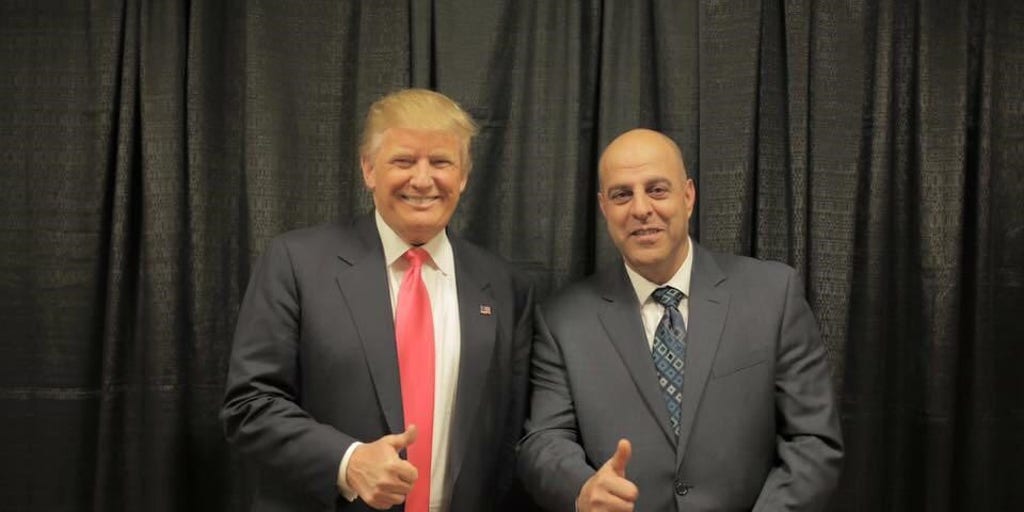
By Kyle Stucker — .seacoastonline.com — WASHINGTON — Sen. Jeanne Shaheen, D-N.H., decried Lebanon’s ongoing detention of Dover restaurant owner Amer Fakhoury Wednesday, calling the three-month detention both “illegal” and suggesting his treatment could constitute a human rights violation. Shaheen made the comments during a U.S. Senate Committee on Foreign Relations hearing that involved Lebanon and Iraq. “I think this is a very serious situation that has not been taken seriously by officials of the Lebanese government and they need to be on notice that we are looking very carefully and very closely at what they are doing,” said Shaheen. Going further, Shaheen outlined her office is working with government departments to do “everything we can” to ensure the Lebanese-American is returned home safely.
Lebanese newspaper Al Akhbar and other Middle Eastern outlets have described Fakhoury, 57, the owner of Little Lebanon To Go in downtown Dover, as the “butcher of Khiam.” The reports have alleged Fakhoury tortured inmates and committed other human rights violations while working as a senior warden at Khiam Prison in southern Lebanon in the 1980s and ’90s. Fakhoury’s family and his attorney, Celine Atallah, have denied the claims. Lebanese officials detained Fakhoury, on Sept. 12, eight days after he and his wife, Michelle, arrived in Lebanon for a vacation and to visit family there for the first time in nearly two decades. Amer and Michelle Fakhoury planned a temporary closure of Little Lebanon To Go while they visited Lebanon and other countries on their vacation. The restaurant remains closed. Shaheen said Wednesday that Fakhoury is currently in “very critical” health due to mistreatment, rib fractures, various infections, a 40-pound weight loss and an aggressive form of lymphoma that has developed since he’s been detained “without charge” or due process. Shaheen entered a two-page document into the Senate record Wednesday that she said “clearly indicate(s) that (Fakhoury) is not the individual that the Lebanese and Hezbollah-linked papers allege him to be.”







